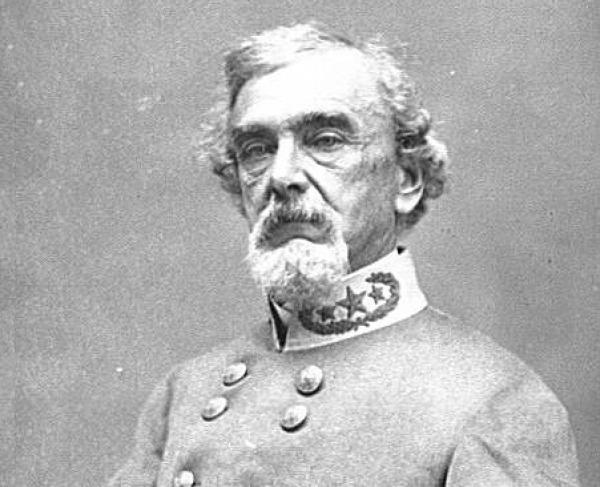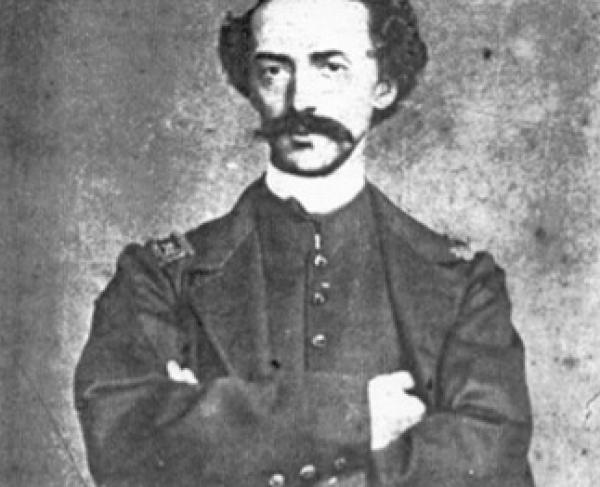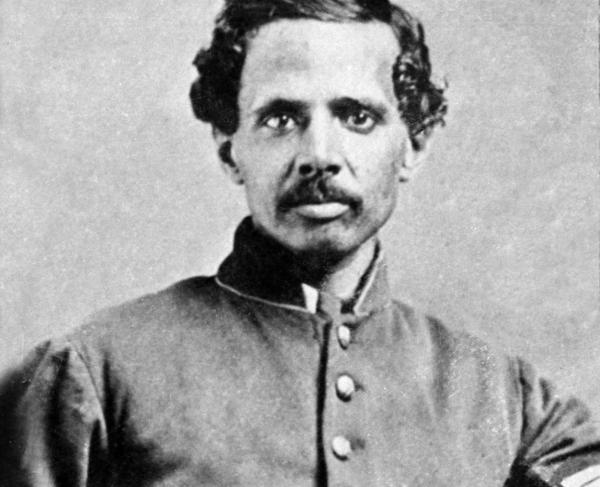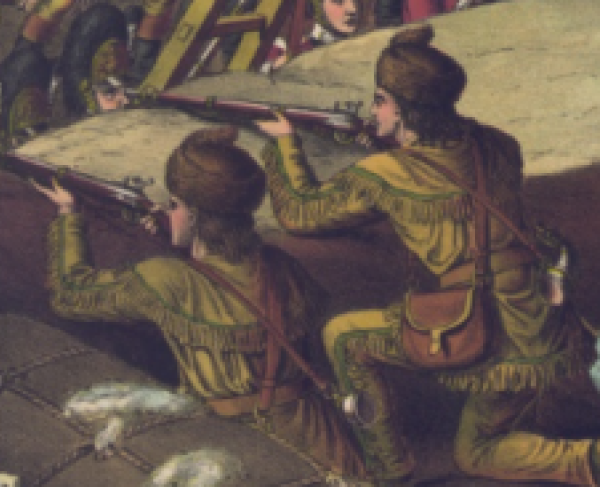Benjamin Huger

Benjamin Huger was born in Charleston, South Carolina, on November 22, 1805. He grew up in a military family, as a direct descendant of Maj. Gen. Thomas Pinckney. Huger enrolled in the United States Military Academy at West Point, graduating in the top ten of his class. He was commissioned as a topographical engineer for the United States Army. In 1831, Huger married Elizabeth Celestine Pinckney and raised a family of five children. In 1839, he was assigned to command Fort Monroe's arsenal in Virginia until the outbreak of the Mexican-American War. When the Mexican-American War began in 1846, Huger served on the staff of Maj. Gen Winfield Scott throughout the war. Huger fought at Veracruz and in the Battle of Molino del Rey. After the war, Huger served as a commanding officer in various arsenals and observed foreign battle strategies in the Crimean War.
Upon his arrival home, Huger was placed in charge of the Charleston Arsenal. As tensions between North and South rose, Huger continued serving in the United States Army. While stationed in Charleston, Huger witnessed the beginning of the American Civil War with the bombardment of Fort Sumter on April 12, 1861. With South Carolina seceding from the Union and seizing Federal forts, Huger was forced to decide between continuing to serve the United States or joining the Confederate Army. After the bombardment, Huger joined the Confederate Army as a brigadier general and was placed in charge of the artillery in Norfolk, Virginia. In 1862, Huger was asked to resupply the Confederate troops in North Carolina during the Battle of Roanoke Island. Delays prevented Huger from reaching the battle in time to provide adequate reinforcements. His slow arrival severely damaged his reputation as a Confederate general, and as news spread of the Confederate defeat, Huger was sent back to Norfolk. After Federal troops landed on the Virginia Peninsula in 1862, Huger was ordered to withdraw and destroy what he could of the Norfolk shipping yard. The shipyard's burning was rushed, leaving many ships intact for Union use. Throughout the rest of the war, Huger's reputation declined after a failed attack at the Battle of Seven Pines. Failed communications between Maj. Gen. James Longstreet and Huger cost the Confederates what could have been a decisive victory. Even though Huger did not receive proper intelligence, his reputation suffered. Huger was relieved of his command and transferred assigned as assistant Inspector General of artillery and ordnance for the Army of Northern Virginia. In August of 1862, he was relieved of these duties and transferred to the Trans-Mississippi Theater where he served the remainder of the war in staff and administration roles.
After the war, Huger became a farmer in Virginia, where he lived for many years. As his health declined, he returned home to Charleston, South Carolina, where he died on December 7, 1877.
Related Battles
5,739
7,997


